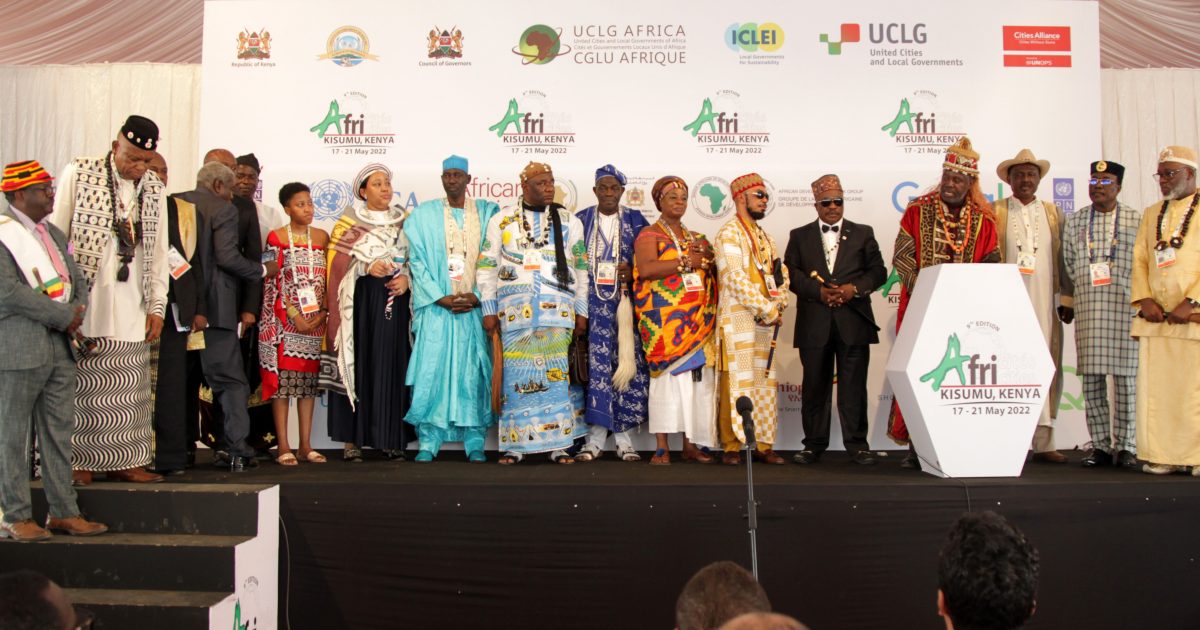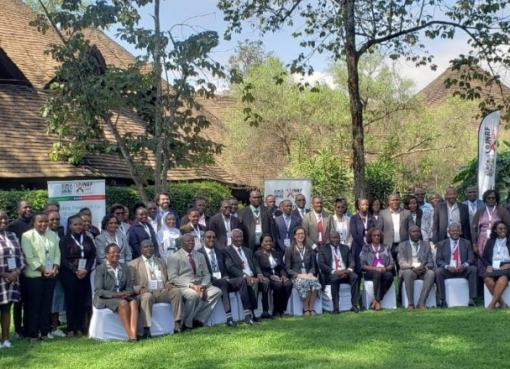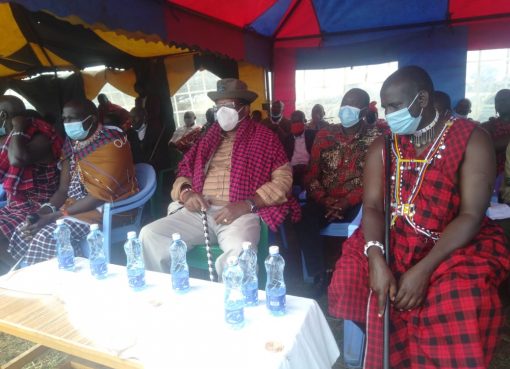The Lake Region Economic Bloc (LREB) has commenced talks with an Indian firm to build railway connectivity in the 14 counties that form the bloc.
A delegation from ProCorp Enertech Private Limited India is currently in the area to conduct a pre-feasibility study for the massive project expected to revolutionize transport in the area.
LREB Chief Executive Officer (CEO) Victor Nyagaya said the project, which is at the infancy targets to enhance connectivity between the 14 counties to enhance travel and trade.
The proposal, he said, is set to be submitted to the government of India for approval before being forwarded to the World Bank (WB) for funding.
The total cost of the project, he said, has not been determined since a feasibility study is yet to be conducted.
ProCorp Enertech Private Limited CEO Dr. Raju Gannavarapu said the company will undertake the project through strategic partnership with NGSL, a technology giant in India.
He said India has a well-established railway construction technology, which is cheap to build and maintain.
The railway transport system, he said, will run on green energy, a technology the two firms are well versed in.
“We are promoting green grids and solar for communities which are cheap and sustainable,” Raju said.
Meanwhile LREB has partnered with various kingdoms from across the African continent to promote cultural exchanges.
Speaking during the unveiling ceremony of the pact in Kisumu over the weekend, LREB CEO Victor Nyagaya said a research center shall be established in the area to preserve the rich African culture and traditions.
“The center will be a bank of knowledge on African culture and traditions for the benefit of future generations,” he said.
Various kings, queens and traditional leaders from across the continent who were in Kisumu for the Africities summit graced the occasion.
South Africa was represented by kings from the Xhosa, Kabele and Zulu communities while Kenya was represented by the Nabongo Peter Mumia.
Other countries present included Ivory Coast, Benin, Uganda and Togo.
By Chris Mahandara





